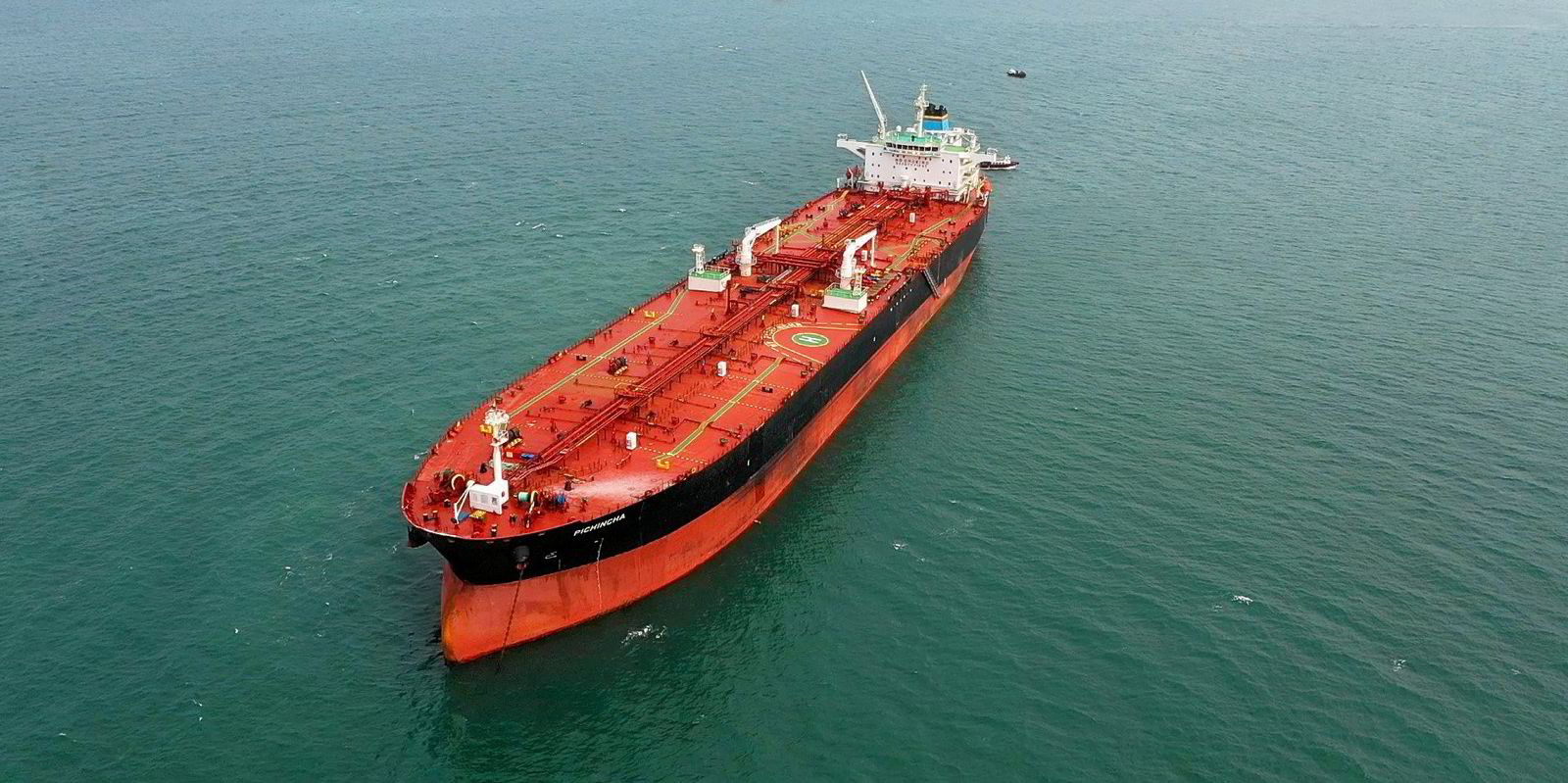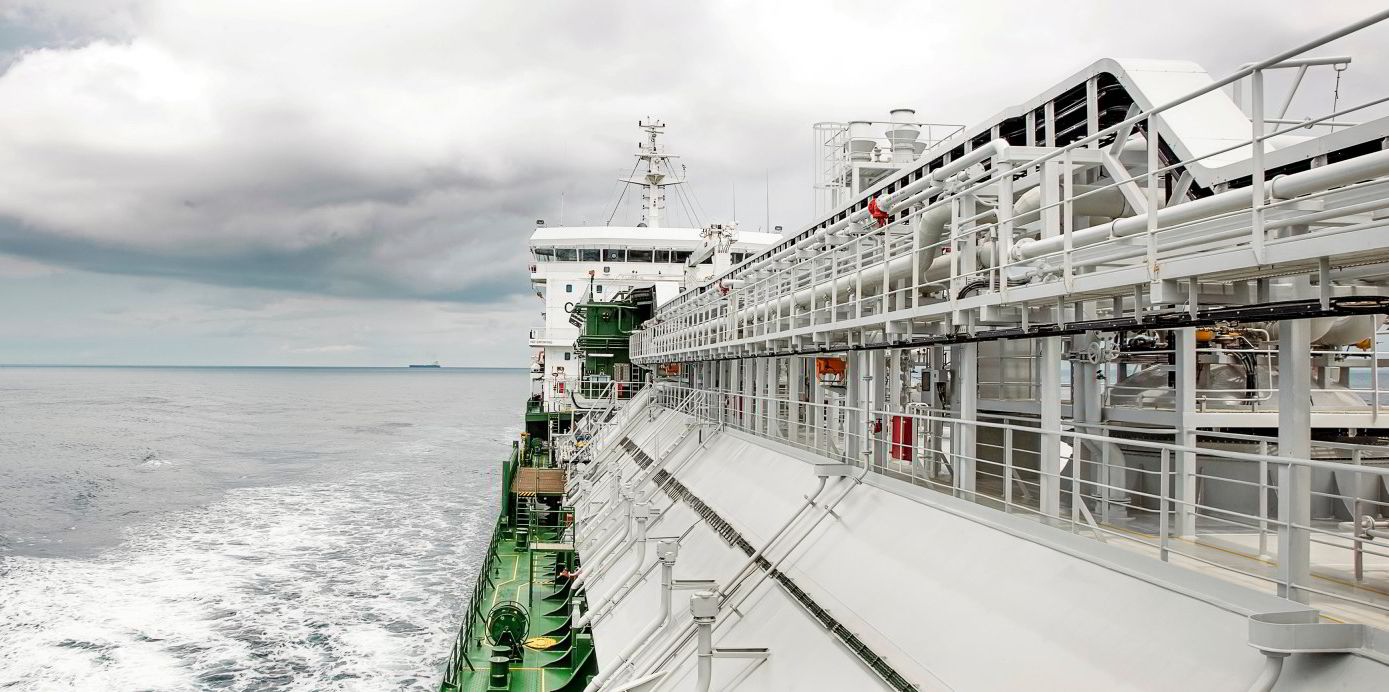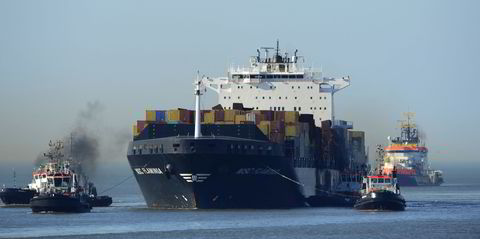Scope Group believes it has built an all-in-one platform to vet a ship’s environmental performance.
The German agency's Ship Review platform gives independent ratings for more than 70,000 ships across sectors, providing clients with information on a vessel ranging from its noise cancellation systems to its Carbon Intensity Indicator (CII) estimate.
"You don't have to look at different platforms," Scope managing director and project lead Ralf Garrn told TradeWinds. "You can see it all on our platform."
The system, Scope said, was built to help companies across the shipping industry evaluate vessels amid the decarbonisation push that will see the International Maritime Organization roll out new benchmarks in 2023 ahead of its target of cutting CO2 emissions by 40% by 2030 and carbon intensity by 50% by 2050.
Ship Review includes an estimate for one of those benchmarks, the CII. The CII will see each ship rated on a scale from A to E based on its carbon emissions, with ships marked D for three consecutive years and E required to submit a plan on how the ship can get to C or above.
The platform also gives a series of ratings from one to 10 on factors ranging from exhaust gas cleaning systems — where closed-loop systems score higher than their open-loop peers — to hazardous material handling and detentions. In total, there are 44 factors on which ships are scored.
Interested users can also get estimates on emissions for ships on certain voyages, as Ship Review breaks out CO2 emissions per dwt and nautical mile.
Scope uses monitoring, reporting and verification data to check the distance each ship travels, along with AIS data. A ship's features are either based on public data, estimated based on its owner or manager or verified by information provided by the ownership interests.
Whether the data is estimated or verified is disclosed alongside the ratings.
The system went live in September after a six-month test release in March, Garrn said, and is already in use in companies operating across the industry.
He added it can be used to help ports calculate discounts for environmentally friendlier ships or charterers narrow the tonnage they prefer to use.
"Everyone finds some kind of value or tells me what value they need and we create it for them," Garrn said. "This global ESG [environmental, social, and governance] assessment and communications platform that creates value for the whole industry."







